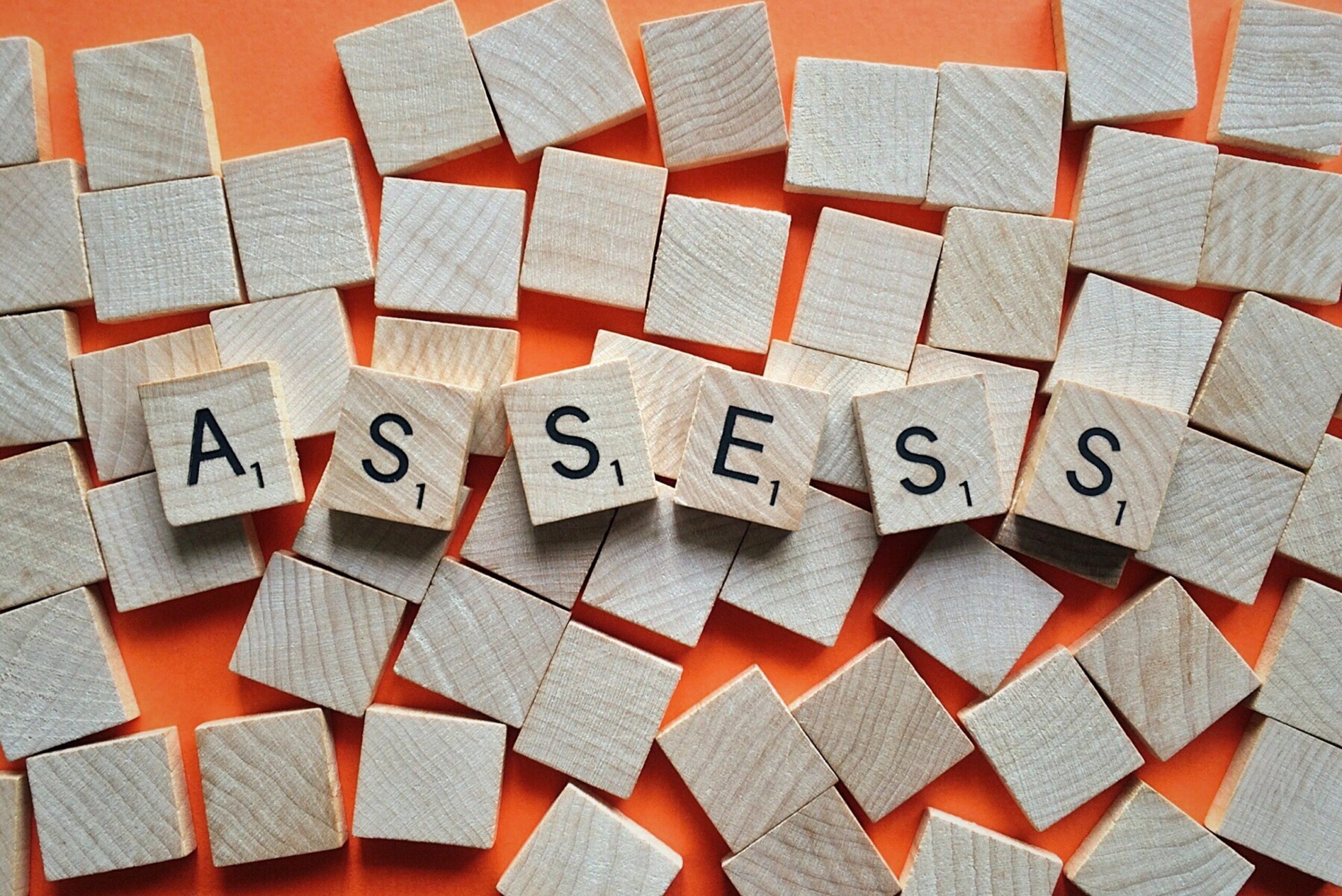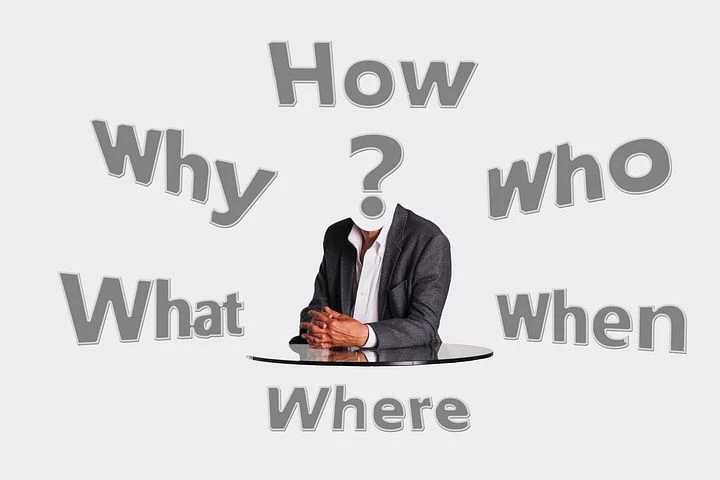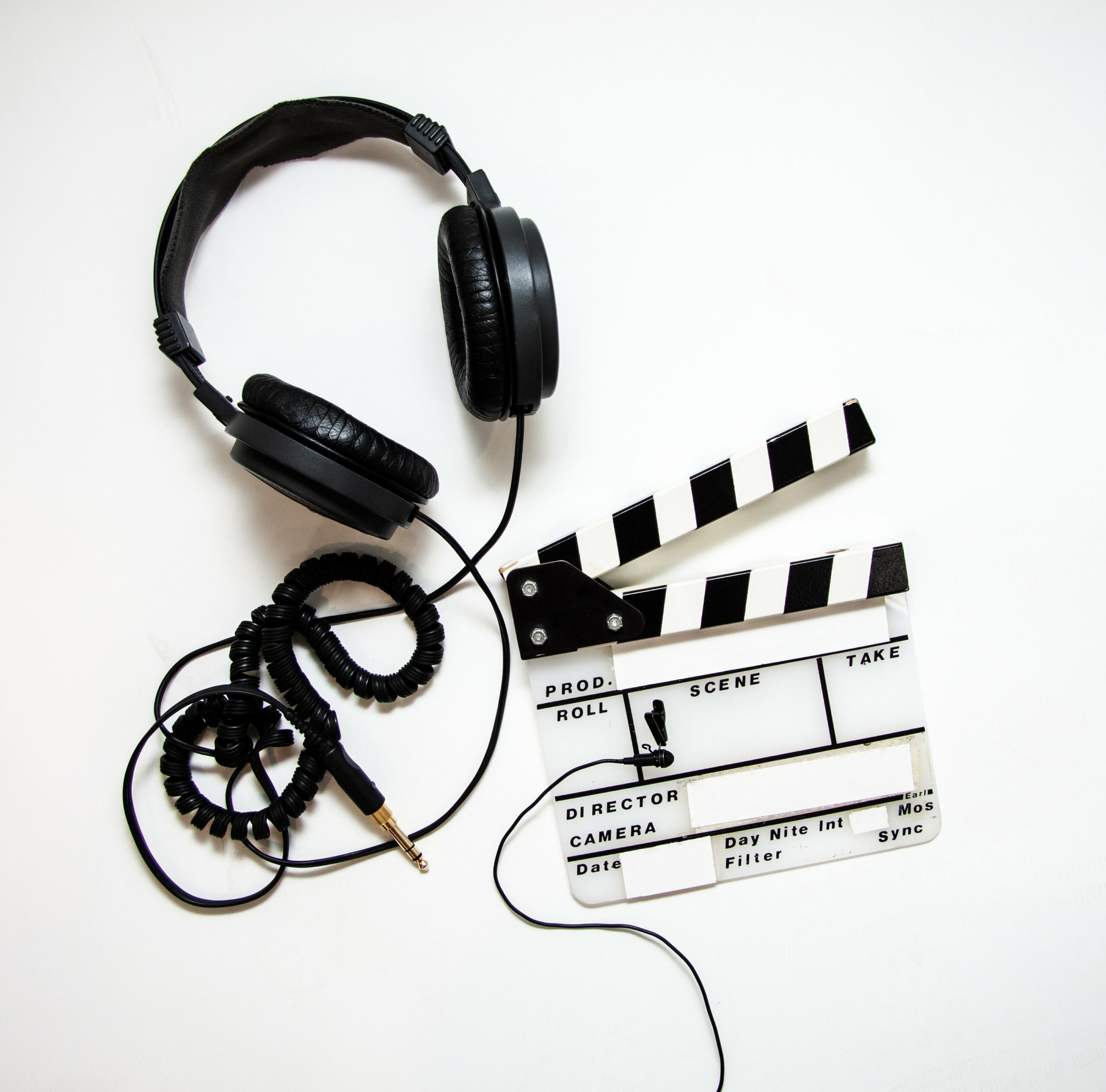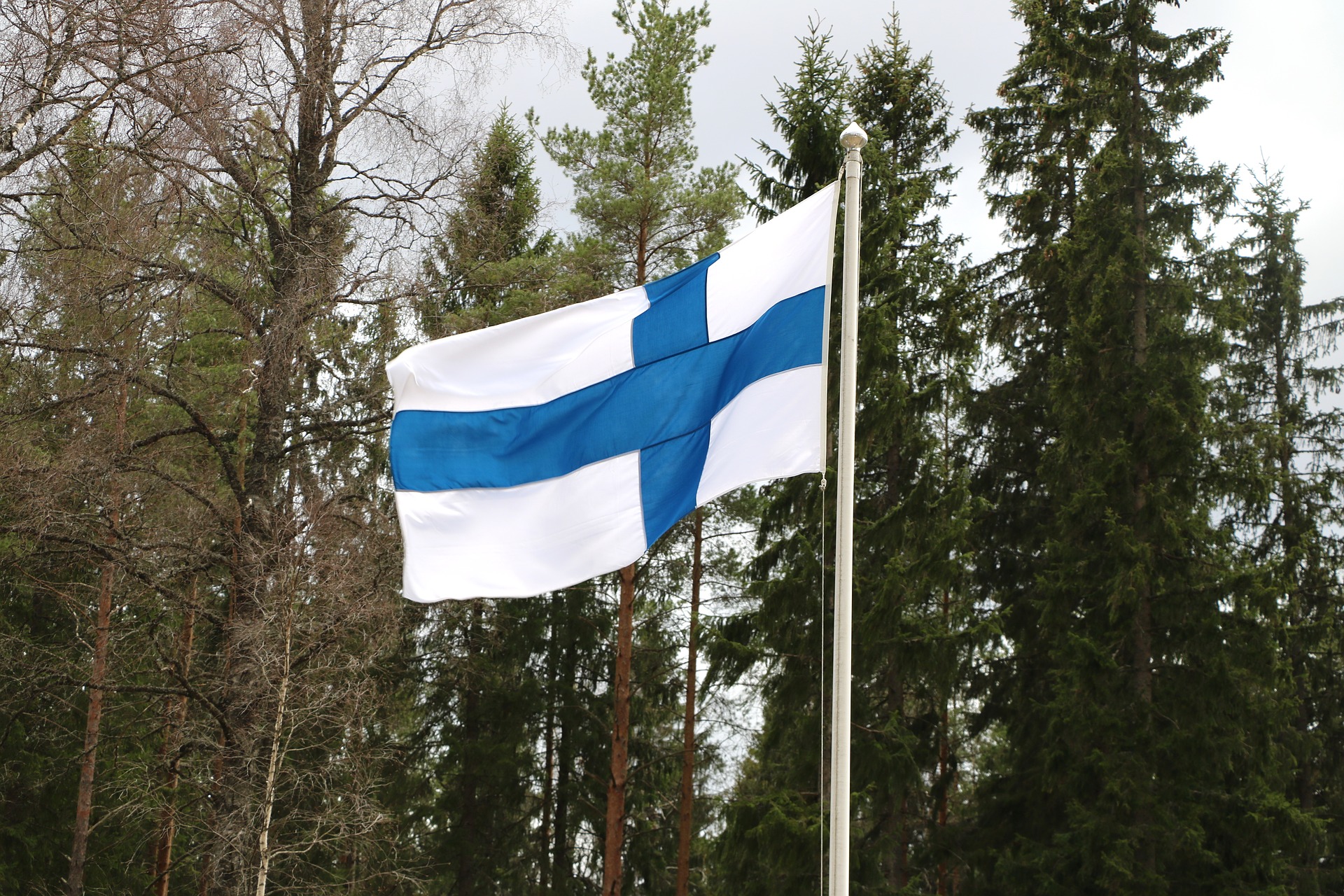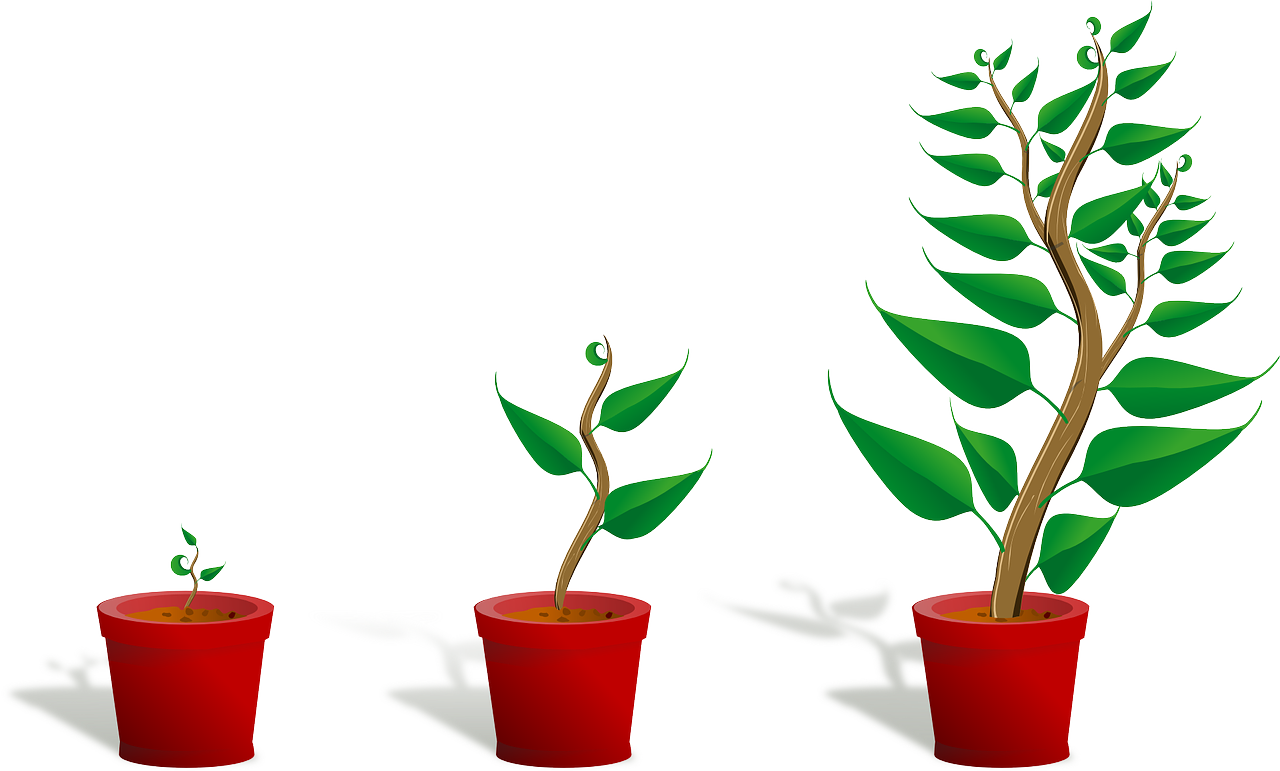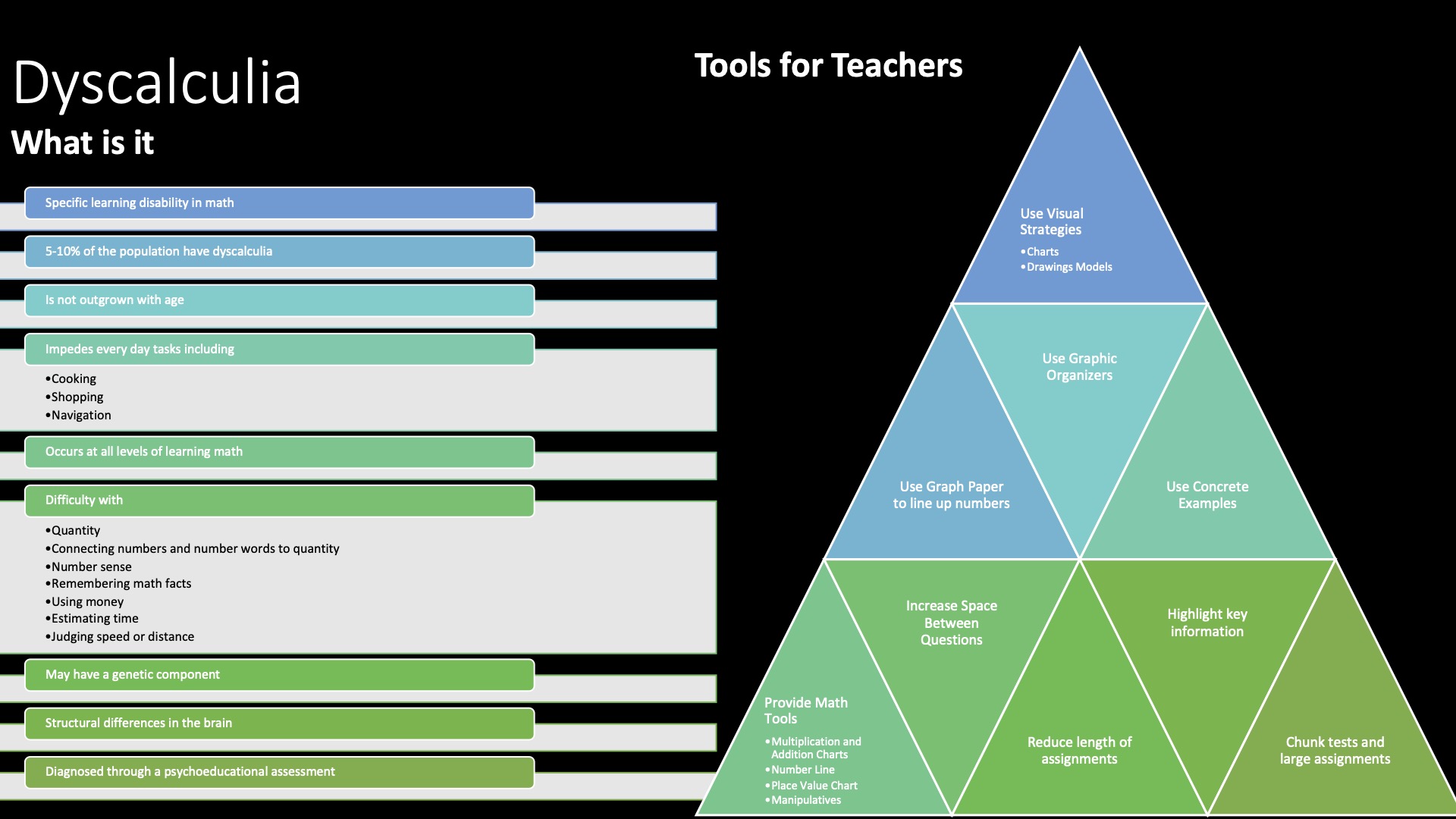https://www.nap.edu/read/9822/chapter/12
“Teachers need to muster and deploy a wide range of resources to support the acquisition of mathematical proficiency.” I agree that we need a wide range of skills, mathematic and teaching. This takes time first as a student to acquire the mathematical knowledge, through teacher training and then continued growth through up to date and helpful professional development through out our careers.
In reading about the supposed lack of math knowledge that many teachers have I am not surprised, to teach elementary we simply require the math for elementary school teachers course. This course covered some great foundational knowledge of the why behind various operations and working in base 10 by trying different bases. I found that this is the knowledge I am continually reviewing in preparation for each unit in math and drilling down to what is most important to teach. My own academic background is in Geographic Information Systems engineering, I studied a lot of math in my GIS program including statistics and calculus. This gives me a good base to seeing where my students could be going and how math might be applied. This chapter also made me thing of the mathematicians lament and how for many there is no beauty in math, that it is a set of unchanging facts and procedures. Math can be something that is beautiful, fun and exciting. It is the search for patterns and connections, math is describing our world in simplest and easy to communicate terms, it’s a universal language. The author also brings up a valid point that teachers math achievement and understanding is difficult to measure, I’ve wondered how many of us in elementary would do on the graduation numeracy assessment. I agree that there is a level of math that for elementary we do need to understand, how ever there is a level of math that no matter how strong our students we will not be teaching. The level of specific content knowledge needed will vary based on what you are teaching if you are teaching precalculus 12 an understanding of basic calculus principles would be key, in grade 4 I teach basic multiplication and division so knowing how those are applied and the properties of multiplication and division are important but calculus is not important background knowledge for me, how ever I do need to be confident in basic algebra and geometry. Knowing how to teach the concepts and to break them down into chunks that students can understand is as important as content knowledge. The idea of perusing specialized training in teaching math appeals to me as it does to many others who are taking this course. This is where I feel like I often run into road blocks in trying to increase my effectiveness, it is hard to find pro D that is easily accessible for math when compared to literacy. Looking at upcoming pro d opportunities in my district I have found multiple technology ones, I could go to a different literacy workshop every day for a month after school but I’ve only found one numeracy one. I think this inequality between the opportunities for us to grow as mathematics teachers contributes to the challenge when building our proficiency. We have widely championed approaches to literacy, Reading Powers, six write traits, guided reading, daily 5, literature circles, but we are lacking the same force in math. We have routines and number talks that are encouraged but there is not the same consensus of what makes good math teaching, my school lists math as a goal yet does not have a concrete plan.
Having a positive attitude towards math is something that has been championed in many courses I have taken as I work on my math post grad. There’s a video that stands out to me for this that has greatly changed how I present information and the enthusiasm that I present it with. The Ted Talk “Conquering Math Anxiety – The Power Of Yay Math” by Robert Ahdoot shifted my thinking about a productive math disposition. Teachers need to find the sweet spot of content knowledge, program knowledge and knowing your students. This relates strongly with classroom culture and relationships, we need to create cultures that celebrate mathematics as much as we create cultures that celebrate literacy.
